We can’t talk about sex or drugs in our music: Shuja Haider
Musician’s new venture ‘Of Pakistan' aims to break away from cover songs and other stereotypes associated in...
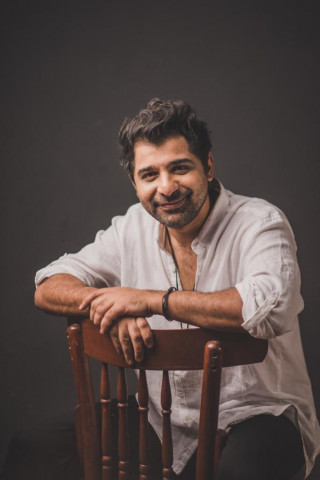
PHOTO: PUBLICITY
“Those Adnan Sami memes... They are funny but it’s getting out of hand,” he says, taking a sip of his coffee as the conversation goes to more than just his next music venture. The Tera Woh Pyar hit-maker isn’t a fan of jingoism, regardless of which side of border it’s coming from. But his latest music venture Of Pakistan aligns perfectly with the ‘cultural war’ that Pakistan and India have decided to fight through bans.
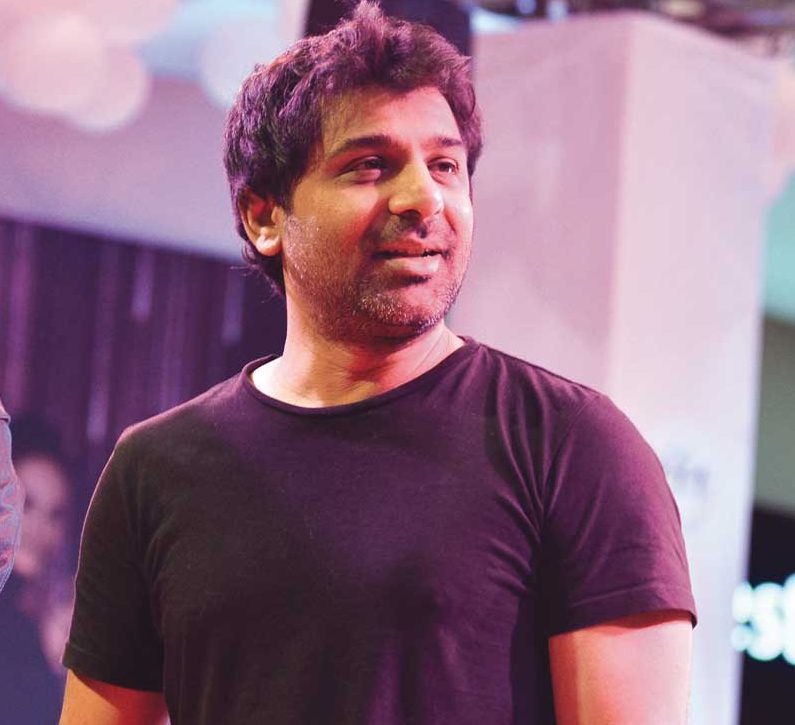 PHOTO: FILE
PHOTO: FILETwo years back, Shuja travelled across Pakistan in search of unheard music. While he discovered many gems, the real eureka moment was that the one type of music that everyone had heard or was listening to in Pakistan was Bollywood music. Of course, Bollywood’s popularity in Pakistan is no secret but the kind of Bollywood people were listening to made Shuja reconsider Pakistani music’s place in our national soundscape.
“They weren’t listening to Attaullah Esakhelvi; they hadn’t listened to Abida Parveen or Coke Studio. The music that is common to the whole of Pakistan is Kumar Sanu songs by Nadeem - Shravan,” he says, with a baffled look on his face. “And that is just sad.”
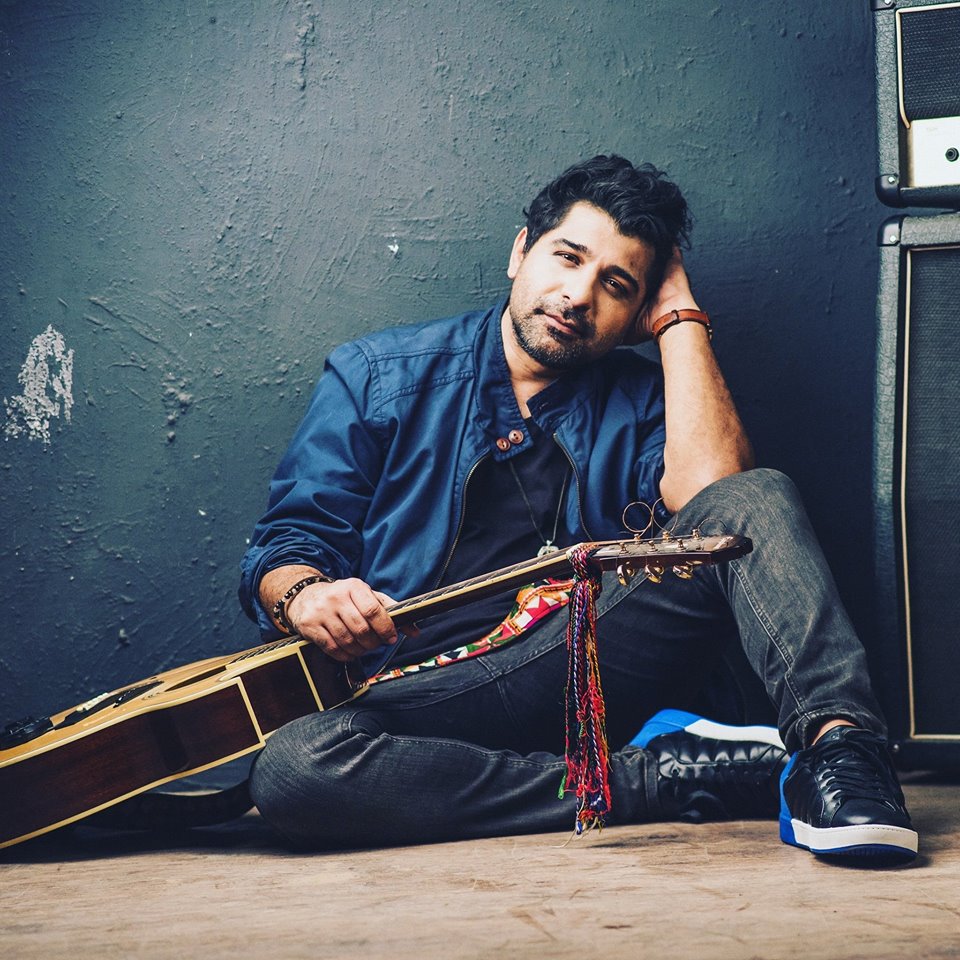 PHOTO: FACEBOOK/ SHUJA HAIDER
PHOTO: FACEBOOK/ SHUJA HAIDERNadeem Saifi and Shravan Rathod formed a music director duo that rose to fame in the 90s with music for films such as Aashiqui, Dilwale, Raja Hindustani and Pardes, to name a few. If you have ever travelled in a public bus on any Pakistani highway, you must’ve listened to if not their earlier works than later releases such as the songs from the film Dhadkan.
Shuja attributes multiple reasons to the undying popularity of Bollywood music and on top of that is a dearth of original compositions. He strongly believes that a lack of original Pakistani music (both branded and unbranded) created a vacuum that is being filled by dated Bollywood songs. “To sing like Mehdi Hasan is trying to meet a standard but to sing his song is just cheating your way to success. We need to focus on making news stuff with new ideas and metaphors,” he explains.
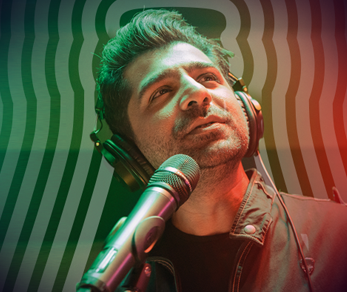 PHOTO: COKE STUDIO
PHOTO: COKE STUDIOIn Shuja’s opinion, old Pakistani songs are not bad but they don’t represent the current body of knowledge which is why we need to stop hinging on to them. “Kids these days don’t know the meaning of the word ‘ranjish’,” he quips, adding that his own daughter doesn’t know what Dashte Tanhai is and doesn’t care enough to find out. For this to change, music producers need to engage newer poets who can incorporate the prevailing metaphor and idioms in the language of Pakistani songs.
“I think we are so slow, indirect and subtle in our expression of romance that it doesn’t have the same impact on the audience as a Kumar Sanu song does,” Shuja concludes. Of Pakistan is an attempt to fix the formula and provide a platform for original sounds from around Pakistan, be it qawwalli or ghazal or just catchy pop-rock. “Aesthetically, our music has always been miles ahead of India. We just aren’t focusing enough on making music anymore,” he adds.
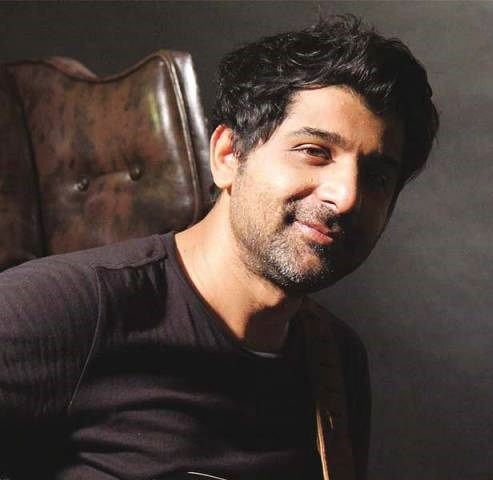 PHOTO: FILE
PHOTO: FILEThe music show will launch online after Ramazan and feature original compositions by a number of young and old artists. Shuja will produce the show himself. “Not a single act in Pakistan’s pop music’s history made it big doing covers and that is the gap that Of Pakistan is going to fill,” he explains further.
While Shuja will engage a number of talented youngsters in the new project, he strongly believes that the youth of Pakistan in general is afraid of taking risks. It’s a social phenomenon that trickles down to their affinity for playing it safe and releasing cover songs. “We live in a conservative setup. Our youth can’t talk about sex or drugs in society for the fear of being judged. The available freedom that we have is not enough for our creative expression,” he stresses.
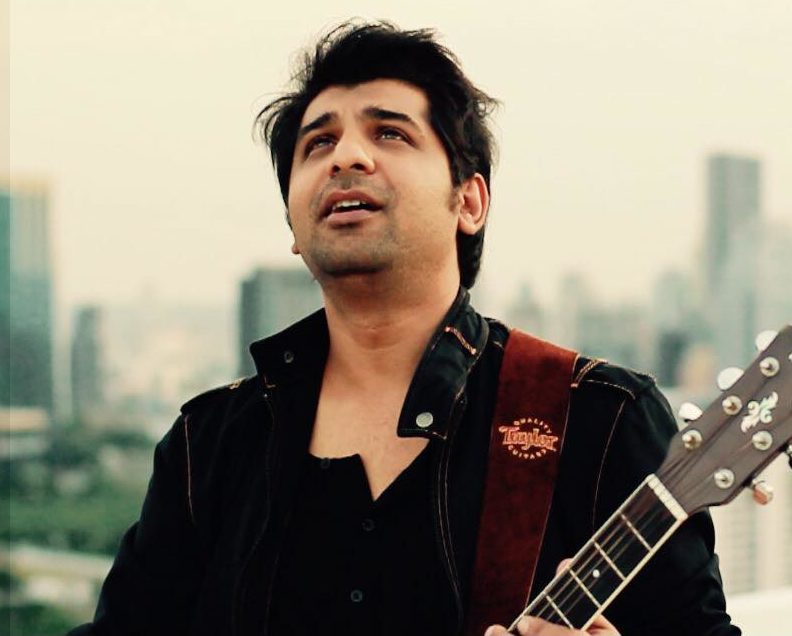 PHOTO: FACEBOOK/ SHUJA HAIDER
PHOTO: FACEBOOK/ SHUJA HAIDEROf Pakistan aims to allow artists the freedom they require and attempts to break away from the clichés of selling faces to sell music. “Yes, looks do matter but we shouldn’t use faces to sell music; we should use their talent to sell their faces,” says Shuja, citing Abida and Nusrat Fateh Ali Khan as examples. “No one judged Abida based on how she looks or dresses. Did Nusrat’s body stop him from being the most spectacular musician on Earth? Of course not, and we are planning to take the same route.”
Twitter reacts to Fawad Khan's PSL anthem
With so many rebellious undertones to Of Pakistan, it will be interesting to see how a brand responds to Shuja’s clarity of vision and honesty. As I walk out of his studio, a bunch of young qawwals walk in to request him for a possible collaboration. Perhaps, times they are a’ changing.
Have something to add to the story? Share it in the comments below.




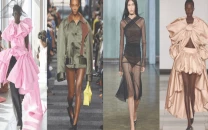
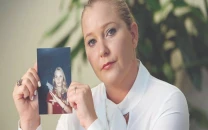
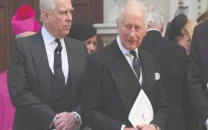












COMMENTS
Comments are moderated and generally will be posted if they are on-topic and not abusive.
For more information, please see our Comments FAQ